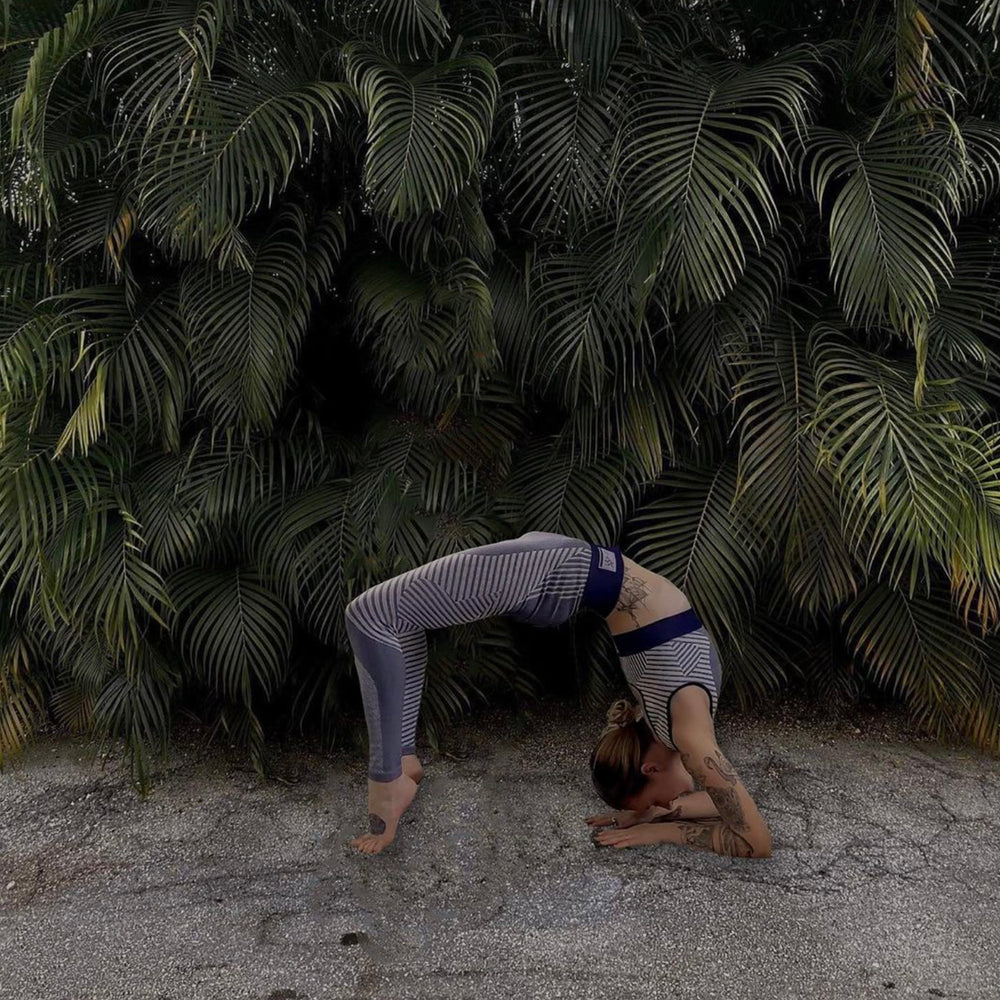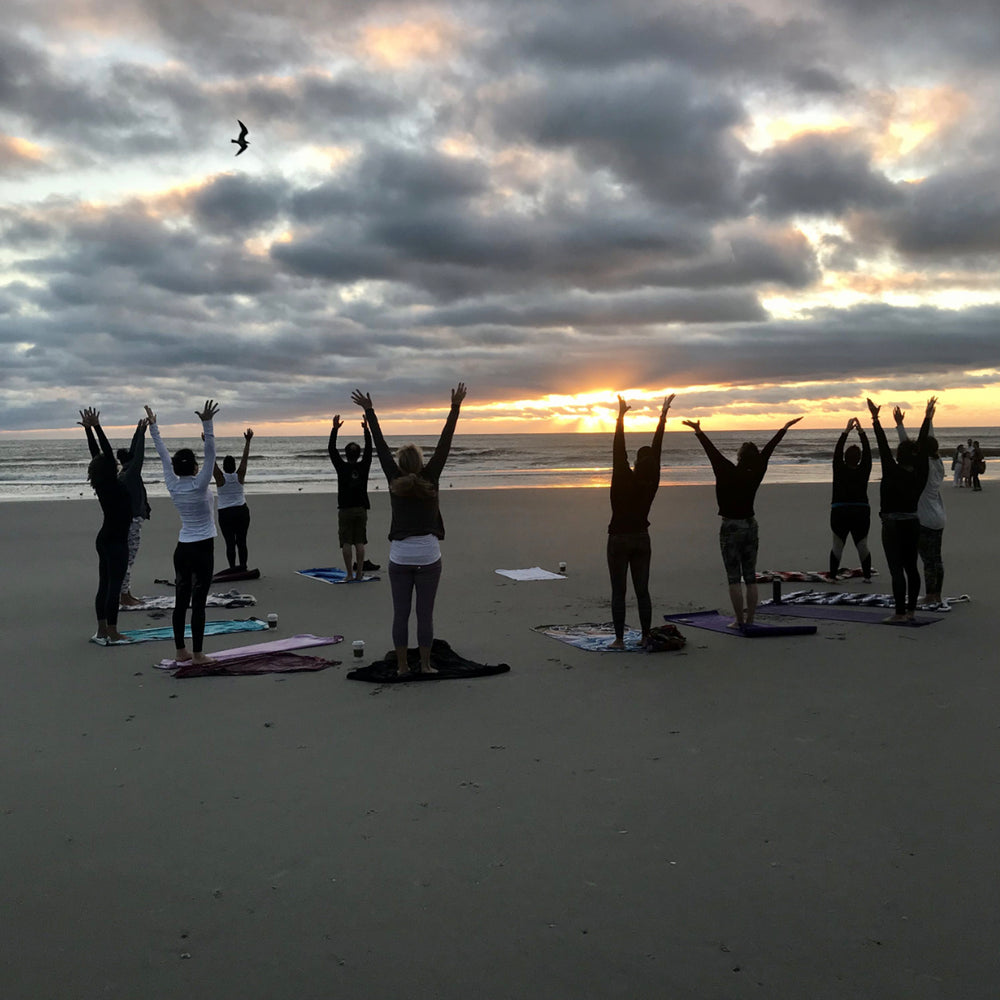
Yoga is not just a physical practice but a voyage into the depths of the self. It is an ancient discipline that harmonizes the body, mind, and spirit, leading practitioners on a path of self-discovery and transformation. This article invites you to embark on this journey, unraveling the layers of your being through the art and science of yoga.
The Roots of Yoga in Self-Discovery
Yoga’s origins can be traced back over 5,000 years in ancient India. It was developed as a means to achieve self-realization and enlightenment. Unlike many modern interpretations of yoga, which focus primarily on the physical postures, traditional yoga encompasses a broader spectrum, including ethical disciplines, breath control, sensory methods, concentration, and meditation.
The Eight Limbs of Yoga
The sage Patanjali outlined an eightfold path known as Ashtanga, which serves as a roadmap for the journey of self-discovery:
1. Yama: Ethical standards and integrity.
2. Niyama: Self-discipline and spiritual observances.
3. Asana: Posture practice for health and flexibility.
4. Pranayama: Breath control to harness and regulate life force.
5. Pratyahara: Withdrawal of the senses, turning inward.
6. Dharana: Concentration, focusing the mind.
7. Dhyana: Meditation, contemplation, and reflection.
8. Samadhi: Union with the divine or the true self.
Asanas: The Physical Gateway
Asanas are often the entry point for many into yoga. These physical postures improve flexibility, strength, and balance. However, their purpose runs deeper; they prepare the body for longer periods of meditation and cultivate a mindful awareness of the present moment. As one progresses in asana practice, a dialogue begins between the body and mind, revealing physical and mental patterns.
Pranayama: The Power of Breath
Breath is the essence of life and a central element of yoga. Pranayama exercises teach us to control our breath, which influences the flow of energy in the body. This control brings clarity and balance to the mind, setting the stage for deeper self-exploration.
Meditation: The Inner Quest
Meditation is the heart of the journey to self-discovery. In the stillness of meditation, one can observe the workings of the mind, confront inner conflicts, and encounter deep-seated emotions. This mindful practice encourages a deep connection with the inner self, fostering self-awareness and peace.
Yoga Philosophy: Wisdom for Living
The philosophical teachings of yoga provide profound insights into the nature of existence and consciousness. Studying ancient texts like the Bhagavad Gita or the Yoga Sutras can illuminate the path of self-discovery, offering guidance and wisdom for life’s journey.
The Role of a Guru or Teacher
In traditional yoga, a guru or teacher guides the student through their practice. A knowledgeable teacher can offer personalized insights, correct misconceptions, and provide encouragement. In the journey to self-discovery, such guidance can be invaluable.
Yoga as a Lifestyle
Yoga extends beyond the mat—it is a way of life. The principles of yoga can be integrated into daily life, influencing how we interact with others, how we deal with stress, and how we view the world. Living a yogic lifestyle promotes harmony and balance, essential components of self-discovery.
The Challenges and Rewards
The path of self-discovery through yoga is not without its challenges. It requires commitment, discipline, and the courage to face oneself honestly. But the rewards are immeasurable—a sense of inner freedom, heightened self-esteem, and a profound understanding of one’s purpose and potential.
Yoga and Mental Health
Yoga’s approach to self-discovery has a therapeutic aspect. It can be a supportive practice for those dealing with mental health issues, offering tools to manage anxiety, depression, and stress. The emphasis on self-compassion and acceptance is a powerful antidote to the often harsh self-criticism many people experience.
The Community Aspect of Yoga
While self-discovery is a personal journey, it does not have to be a solitary one. The yoga community offers a supportive environment where individuals can share their experiences, learn from others, and grow together.
Personal Narratives of Transformation
Many yogis have found that their practice has led to significant personal transformation. Sharing these stories can inspire others to begin their journey and can serve as reminders of the profound impact yoga can have on an individual’s life.
Adapting Yoga for Self-Discovery
Yoga is not a one-size-fits-all practice. It can and should be adapted to meet individual needs and circumstances. Whether it’s a vigorous Vinyasa flow or a gentle restorative session, each style of yoga offers unique benefits for self-discovery.
Embarking on a journey to self-discovery with yoga
can be one of the most rewarding experiences. It is a comprehensive practice that nurtures the body, calms the mind, and uplifts the spirit. Through consistent practice, study, and reflection, yoga can unlock the doors to understanding ourselves and our place in the world. It teaches us to live with intention, act with compassion, and walk a path of mindful awareness. As we delve into the depths of our being, we uncover the boundless potential that lies within, and this profound self-awareness can illuminate every aspect of our lives.
|











